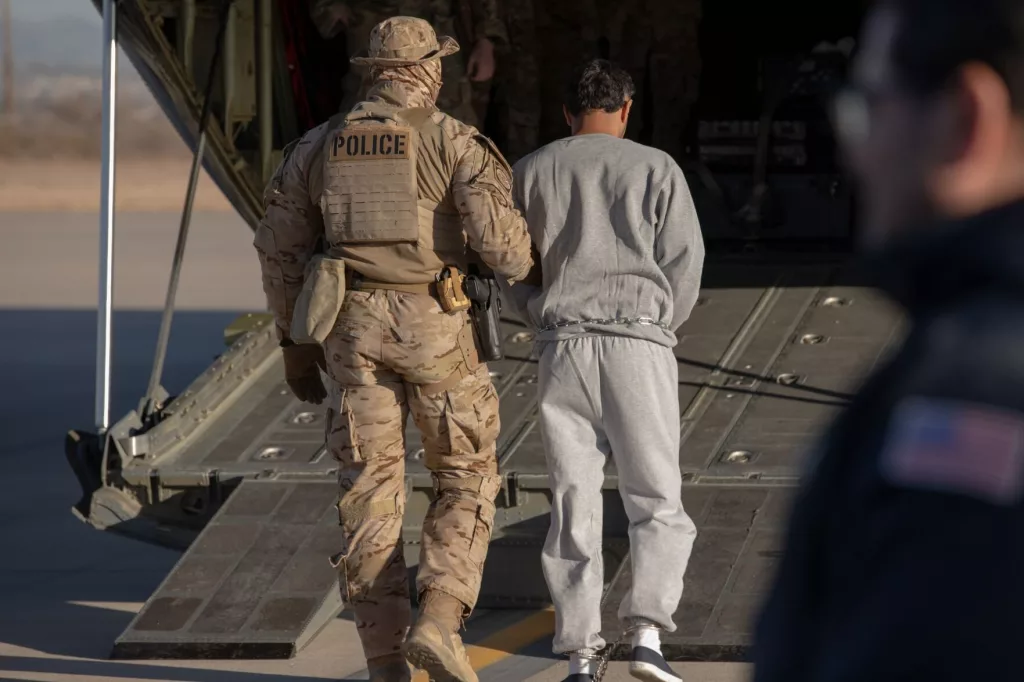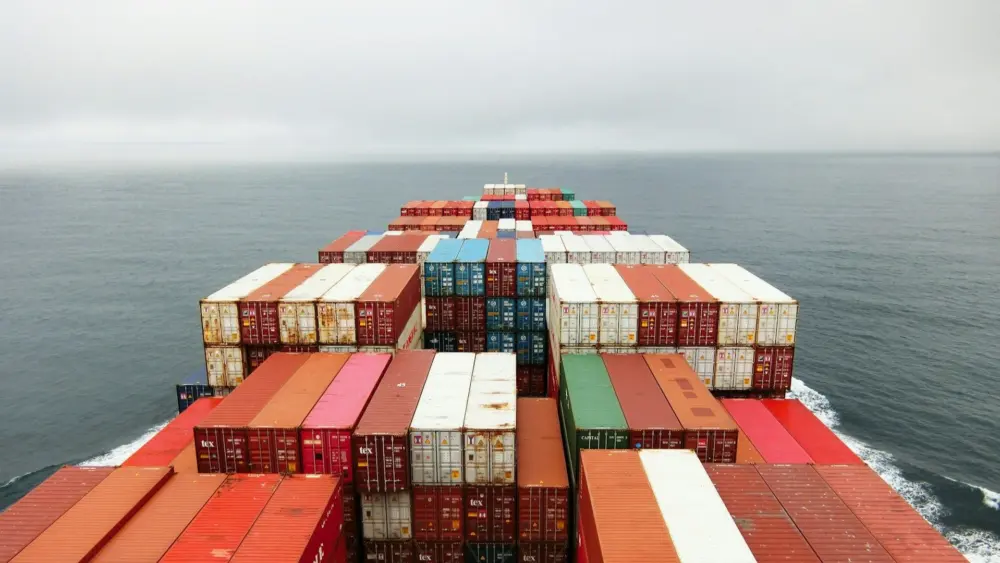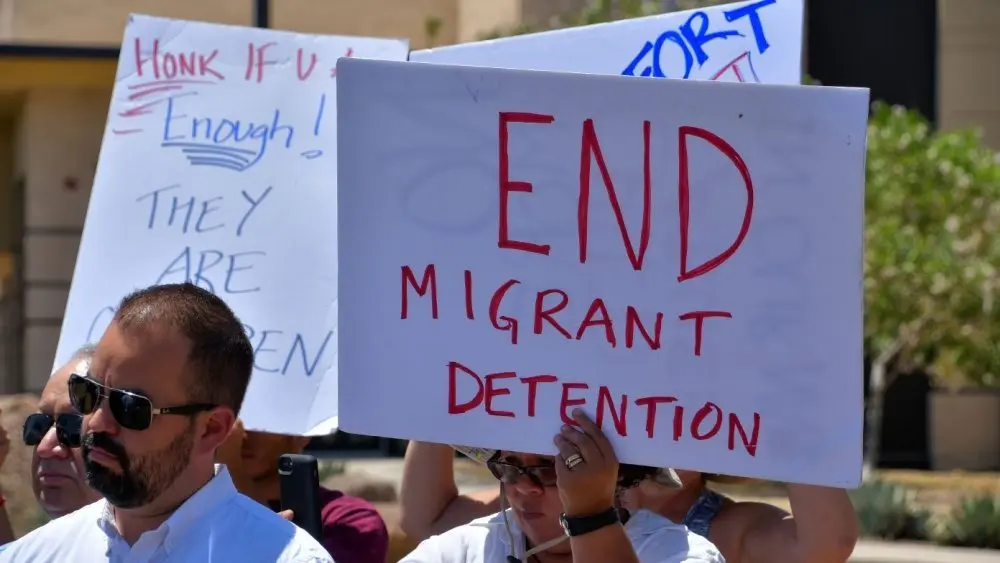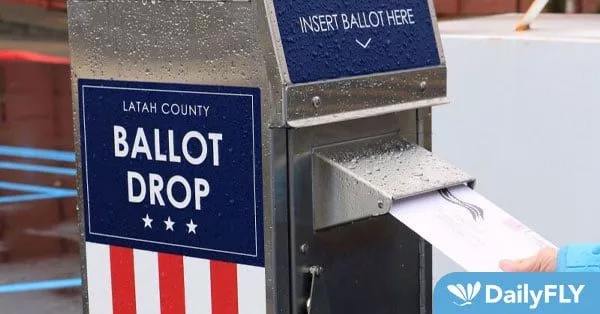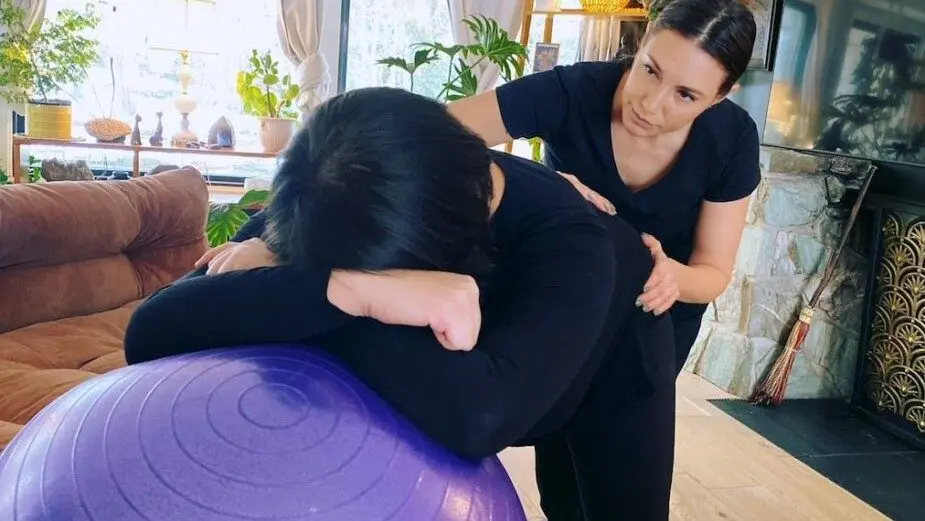WASHINGTON, D.C. — The U.S. Supreme Court ruled Monday to allow, for now, the Trump administration to carry out deportations to third countries after a Massachusetts judge barred removals without proper notice.
An unsigned order approved by six justices granted the Trump administration’s emergency request to stay a lower court’s decision that barred third-country removals without first giving those removed a chance to raise concerns if they are likely to face harm in the country where they are being deported.
“In matters of life and death, it is best to proceed with caution,” Justice Sonia Sotomayor wrote in a dissent. “In this case, the Government took the opposite approach.”
Justices Elena Kagan and Ketanji Brown Jackson joined Sotomayor’s dissent.
Third-country removals, deportations from the United States to a nation other than an immigrant’s home country, occur when the home country does not accept the immigrant’s repatriation.
The Supreme Court order reverses a preliminary injunction U.S. District Judge Brian Murphy of the District of Massachusetts ordered in April that those being removed to a third country must have at least 15 days to challenge their removal if they fear they could face harm.
Murphy followed up with an order in early May to delay the removals of several immigrant men from Myanmar, Laos, Vietnam, Cuba and Mexico who were on deportation flights to South Sudan.
After Murphy found their removal violated his preliminary injunction, the immigrants were rerouted to a U.S. military base in the East African country of Djibouti, where they had credible fear interviews.
The unsigned order means that Murphy’s order is put on hold while the case continues.
As the Trump administration aims to carry out mass deportations, the high court’s order will make it easier for the administration to remove immigrants to countries if their home country does not accept their deportation.
Sotomayor, in her dissent, said the decision violates due process, the right of people on U.S. soil to defend themselves in court. She argued that the Trump administration openly violated the lower court’s order when several immigrants were removed to South Sudan, which was not their home country.
“By rewarding lawlessness, the Court once again undermines that foundational principle,” she said. “Apparently, the Court finds the idea that thousands will suffer violence in farflung locales more palatable than the remote possibility that a District Court exceeded its remedial powers when it ordered the Government to provide notice and process to which the plaintiffs are constitutionally and statutorily entitled.”
This story first appeared on Washington State Standard.

